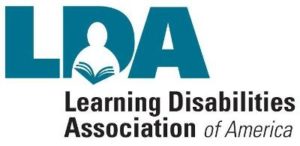Explainer: Accommodations for Learning Disabilities
by Jennifer Rehm
Ten percent of children are affected by a specific learning disability, which can translate to every two to three children in a classroom.
With every learning disability, there are special accommodations a child may get to make lessons easier. FPU students are given the option to have these special accommodations in the classroom if they came to campus with a previously diagnosed learning disability.
Learning disabilities (LDs) can range from dyslexia to ADHD and can affect writing, math, and verbal language skills. Accommodations to help them in and out of the classroom can include audio tapes for presentations, giving directions through talking rather than on paper, extra sets of notes, and test taking in other rooms or shorter tests. These types of accommodations are to give students with LDs the chance of doing their best on tests and understand an assignment or presentations better
Franklin Pierce offers similar accommodations to students. If a student chooses to accept them, they can take tests in the CAE office in the library tower, they can be offered additional tutoring opportunities, and they can also take tests while listening to music if it helps them focus better.
Tracy Cohen, coordinator of student accessibility services said, “There are literally hundreds of different accommodations provided to students at FPU that are based on individual needs.”
If a student feels like they need accommodations, he or she must request an accommodation through the Office of Student Accessibility Services. Cohen said, “The first step is a request for accommodation, the second step is the submitting of documents for review to the Office of Student Accessibility Services. Third, the documentation is reviewed and the student is notified about whether the documentation meets the standards.”
